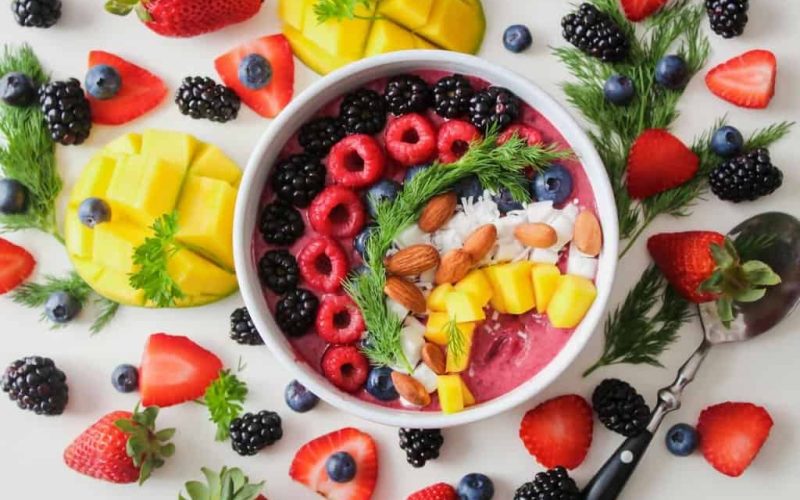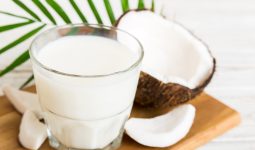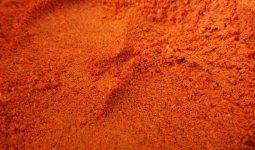You can’t go wrong when it comes to eating more fruits. To cut the long story short, every fruit is a great choice, and each offers its own kind of nourishment.
Research has shown that eating at least 4 to 5 servings a day helps to improve mood and decrease the risk of heart disease, type 2 diabetes, and obesity.
Yet only 10% of Americans consume enough fruit, around 11⁄2 to 2 cups a day, according to the Centers for Disease Control and Prevention (CDC).
Many of us still lack enough dietary fiber, potassium, calcium, and magnesium, all of which are present in fruits in abundance.
For example, potassium helps maintain healthy blood pressure, and you can easily get it from prunes, bananas, and cantaloupe.
Fruits’ fibre also aids in better digestion and fills you with fewer calories, making it a wise choice if you are trying to lose weight.
What makes a fruit more healthy than the rest?
Before diving into the list of healthiest fruits, it is best to understand what makes a fruit stand out from the rest.
Colour is good, the deeper, the better
In the form of dark phytonutrient pigments, the fruit’s immune system lies in its skin. These phytonutrients (e.g. carotenoids in apricots and anthocyanins in blueberries) protect the fruit from environmental stressors such as insects and the sun’s UV rays, and they are also what impart many of the powerful anti-inflammatory and antioxidant properties of fruits.
These phytochemicals stress our own cells in little, healthy ways that stimulate the antioxidant defences of our immune system against dangers such as cancer, inflammation, and premature ageing, “These phytochemicals stress our own cells in small, healthy ways that stimulate our immune system’s antioxidant defences against threats like inflammation, cancer, and premature ageing,” says Maya Shetreat, M.D., an integrative pediatric neurologist, the author of The Dirt Cure, and an all-around plant food expert.
The tarter, the better
Some plants have also evolved to contain phytonutrient compounds that give their fruit a sharp taste in order to prevent predators (e.g., the pucker of pomegranates or the tanginess of raspberries).
These tart compounds, similar to phytonutrient pigments, also indicate a richer storehouse of phytonutrients and micronutrients that function as powerful antioxidants.
Organic means more antioxidants
Organic means a larger quantity of antioxidants. It has also been shown that organic vegetables and fruits contain 20 to 40% more antioxidants on average than their conventionally grown equivalents.
So if you prefer organic, any of the options below will be even healthier. Plus, you’re going to stay away from literally hundreds of pesticides.
Make it your priority to get more fruit into each meal, whether it is fresh or frozen. Sprinkle mixed berries with oatmeal in the morning, bring a banana for a mid-afternoon snack, or toss an avocado over dinner in a heart-healthy salad.
No matter how you slice it, your body and your mind will benefit from consuming more fruit, beginning with these 12 healthiest fruits.
Grapefruit
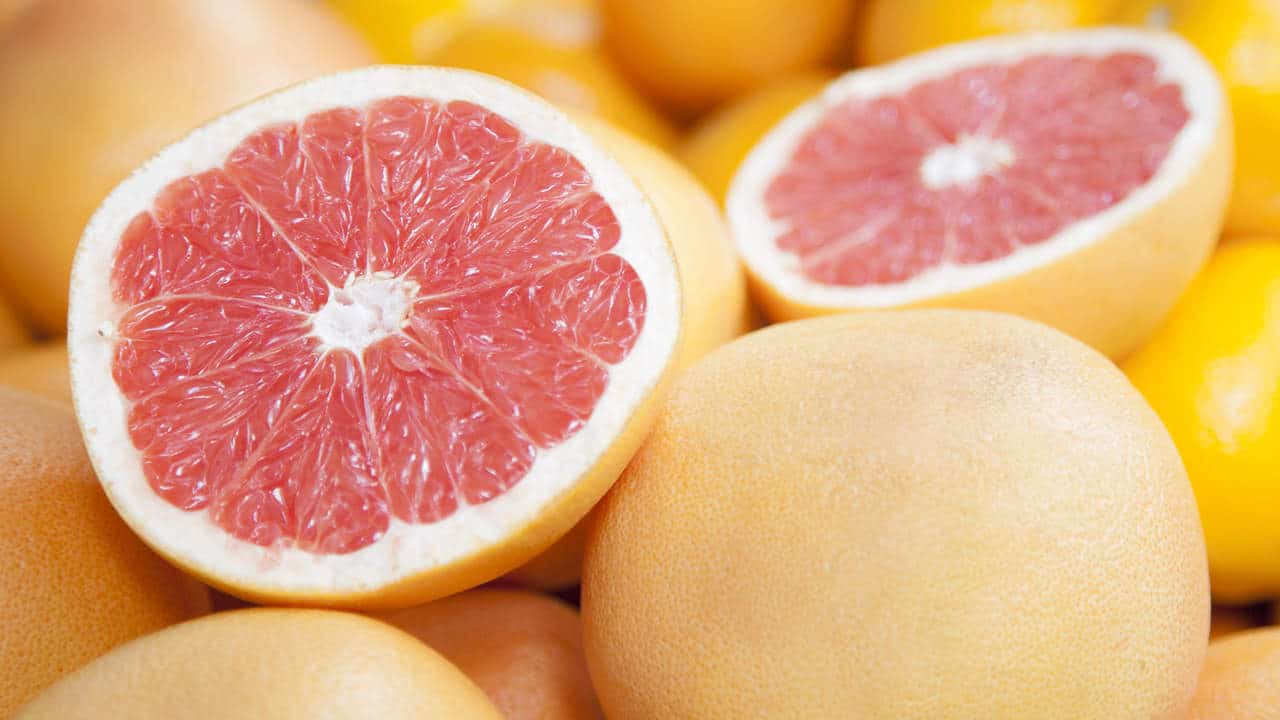
One of the healthiest citrus fruits is grapefruit. It is known for its ability to support weight loss and decrease insulin resistance, in addition to being a good source of vitamins and minerals.
For instance, in a study of 91 individuals, those who ate half a fresh grapefruit before meals lost 2.9 pounds (1.3 kg) more weight than those who did not (1Trusted Source).
The grapefruit group had a significant decrease in insulin levels and decreased insulin resistance in the same study. Grapefruit consumption has also been shown to decrease cholesterol levels and help prevent kidney stones.
Pineapple
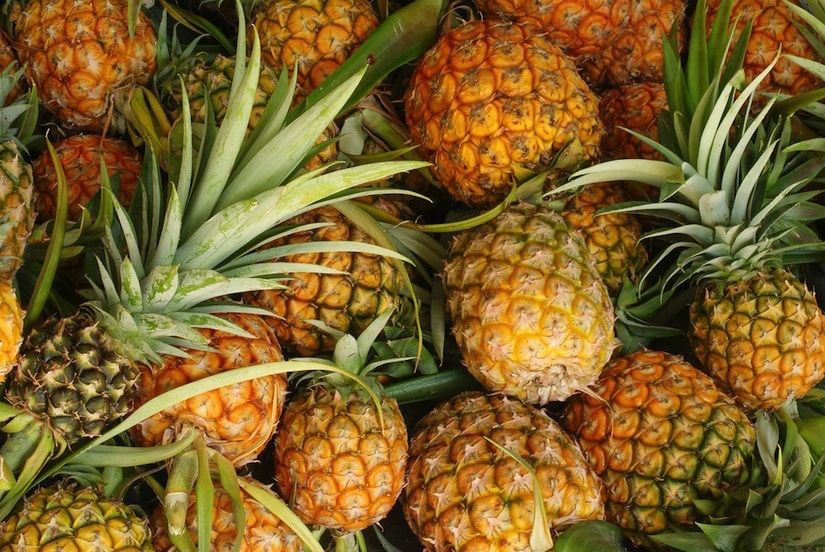
Pineapple is one of the healthiest fruits among tropical fruits. One cup (237 ml) of pineapple or pineapple juice provides 131 percent of the Reference Daily Intake (RDI) for vitamin C and 76 percent of the RDI for manganese.
Pineapple is known to contain bromelain, a mixture of enzymes known for its ability to digest protein and anti-inflammatory properties. It is also said that bromelain may help against tumour growth and cancer.
Avocado
Compared to most other fruits, avocado is different from the rest. Most fruits are high in carbohydrates, while avocado is low in carbohydrates and consists mainly of healthy fats.
The majority of fat in an avocado is oleic acid, which is a monounsaturated fat associated with decreased inflammation and improved heart health. Avocados are filled with fibre, potassium, and magnesium in addition to healthy fats.
For potassium, one whole avocado supplies 28 percent of the RDI. Decreased blood pressure and lower risk of stroke are associated with sufficient potassium intake.
Blueberries
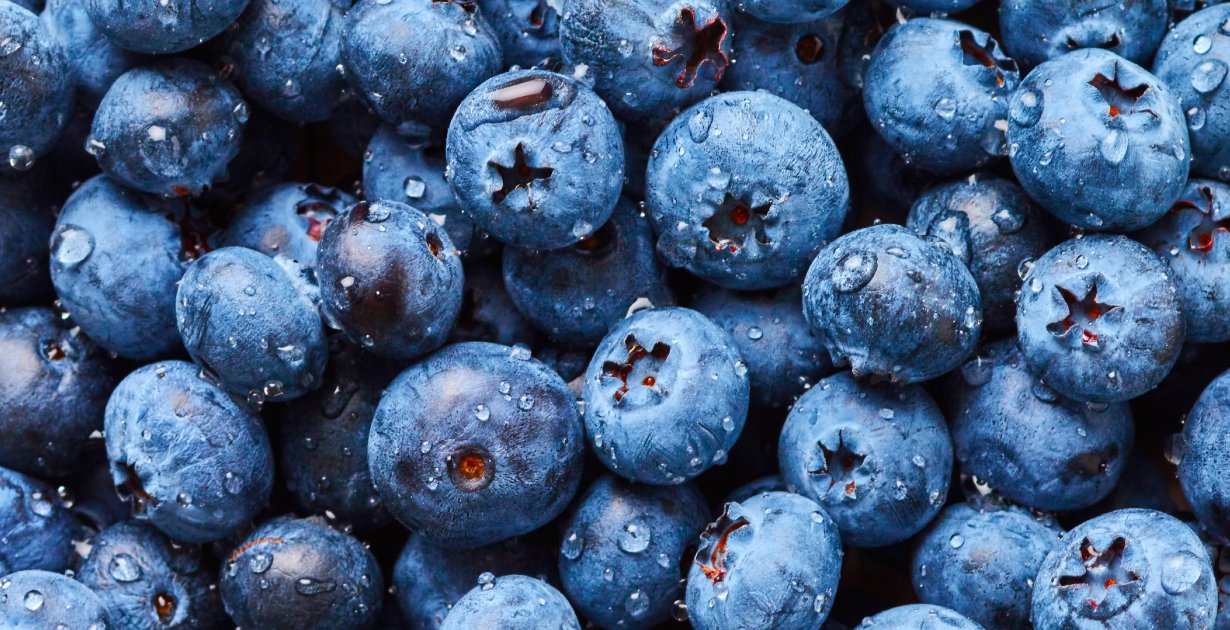
Blueberries have good health benefits. They have an excellent nutritional profile, being exceptionally high in fibre, vitamin K, vitamin C, and manganese.
Antioxidants are also particularly high in blueberries. In fact, they are thought to contain the highest antioxidant content of the fruits most frequently consumed.
These antioxidants can reduce the risk of chronic diseases such as heart disease, Alzheimer’s disease, and diabetes. Blueberries are also known for their strong effects on the immune system.
One study found that consuming blueberries regularly would increase the body’s natural killer cells. These help to protect you from viral infections and oxidative stress.
In addition, these antioxidants can have a protective effect on your brain. For instance, eating blueberries has been shown to enhance memory in older adults.
Apple
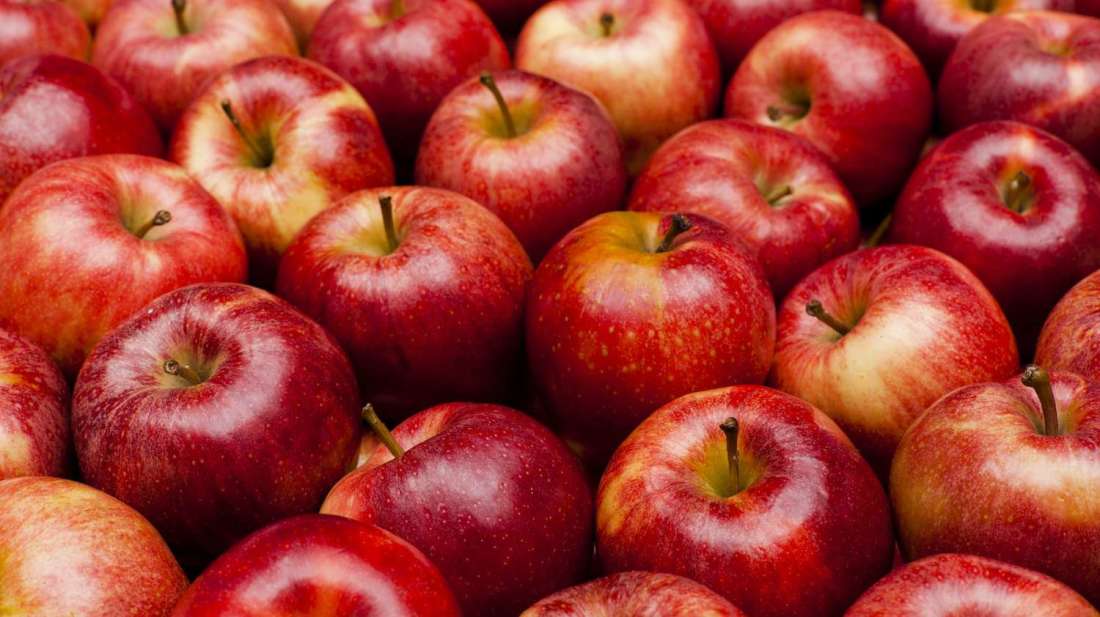
Apples are among the most common fruits and are unbelievably nutritious as well. They contain a high amount of vitamin C, fibre, potassium, and vitamin K.
They also have some B vitamins in them as well. Studies indicate that apple antioxidants can improve heart health and decrease the risk of type 2 diabetes, cancer, and Alzheimer’s disease.
In animal and test-tube tests, antioxidant activity in apples was said to be associated with increased bone density.
The amount of pectin is another notable health advantage of apples. Pectin is a prebiotic fibre that helps improve digestion and metabolic health.
Pomegranates
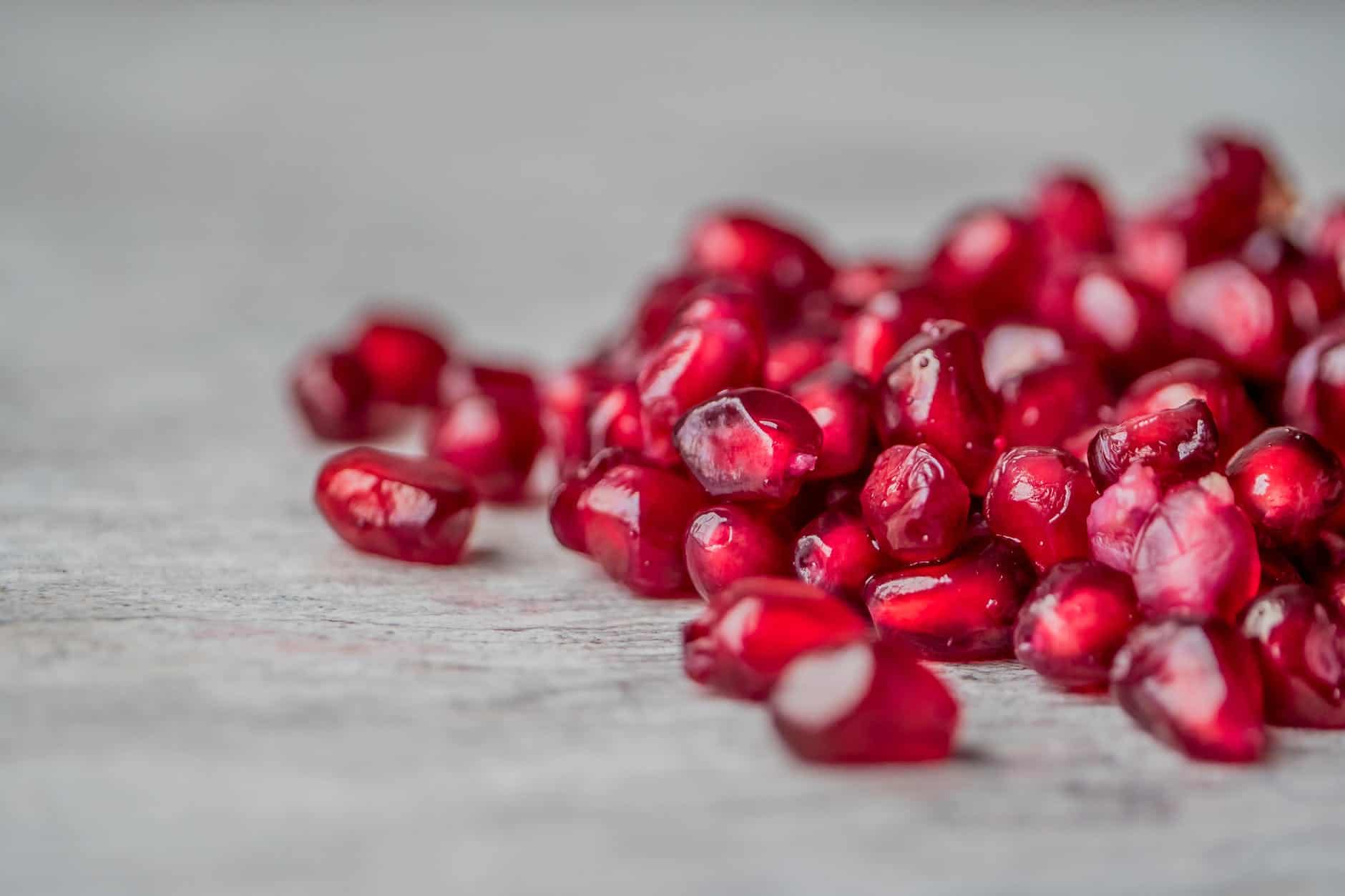
Among the healthiest fruits you can eat are pomegranates. They are not only rich in nutrients, but also contain powerful plant compounds that are responsible for most of their health benefits.
Pomegranate antioxidant levels have been shown to be three times higher than those in red wine and green tea. Some studies indicate that pomegranates have anti-inflammatory effects and can help to minimize cancer risk.
Strawberries
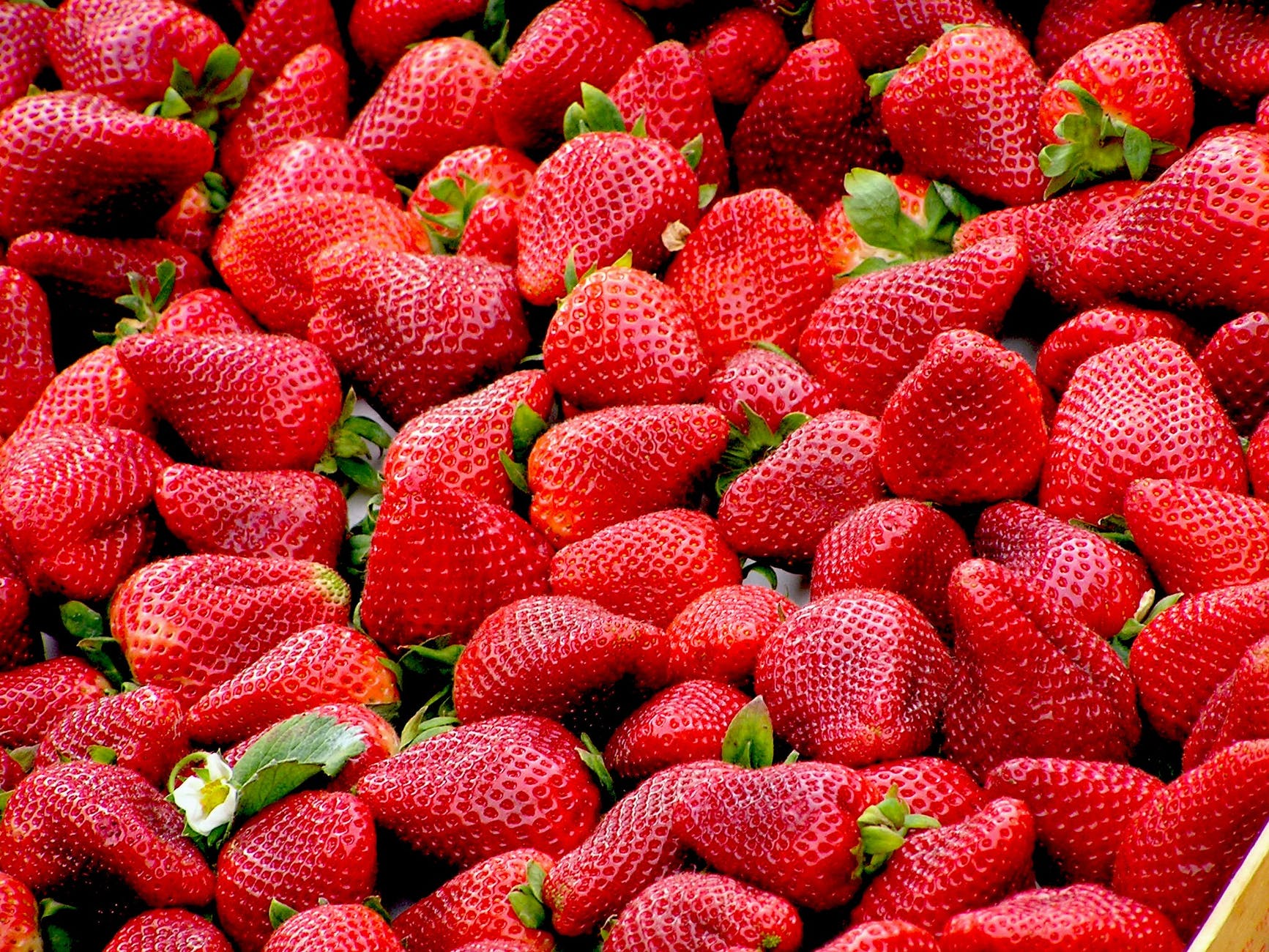
Strawberries are incredibly nourishing. The levels of vitamin C, manganese, folate, and potassium are where they really shine.
Strawberries have a relatively low glycemic index compared to other fruits. Eating them does not cause a significant spike in blood sugar.
Strawberries have a high antioxidant capacity, comparable to other berries, which can reduce the risk of chronic illness. Animals and test tubes studies have shown that strawberries can also help prevent cancer and tumour development.
Watermelon

Watermelons are high in vitamins C and A. It is also rich in some major antioxidants, including carotenoids, lycopene, and cucurbitacin E.
Some antioxidants from watermelons have been researched for their anti-cancer effect. The intake of lycopene is associated with a reduced risk of digestive system cancers, whereas cucurbitacin E may inhibit tumour growth.
Due to their ability to minimize cholesterol and blood pressure, consuming lycopene-rich foods can promote heart health. Among all the healthiest fruits, one of the most hydrating ones is the watermelon. It consists of 92 percent vapour, which will feel you up more.
Bananas
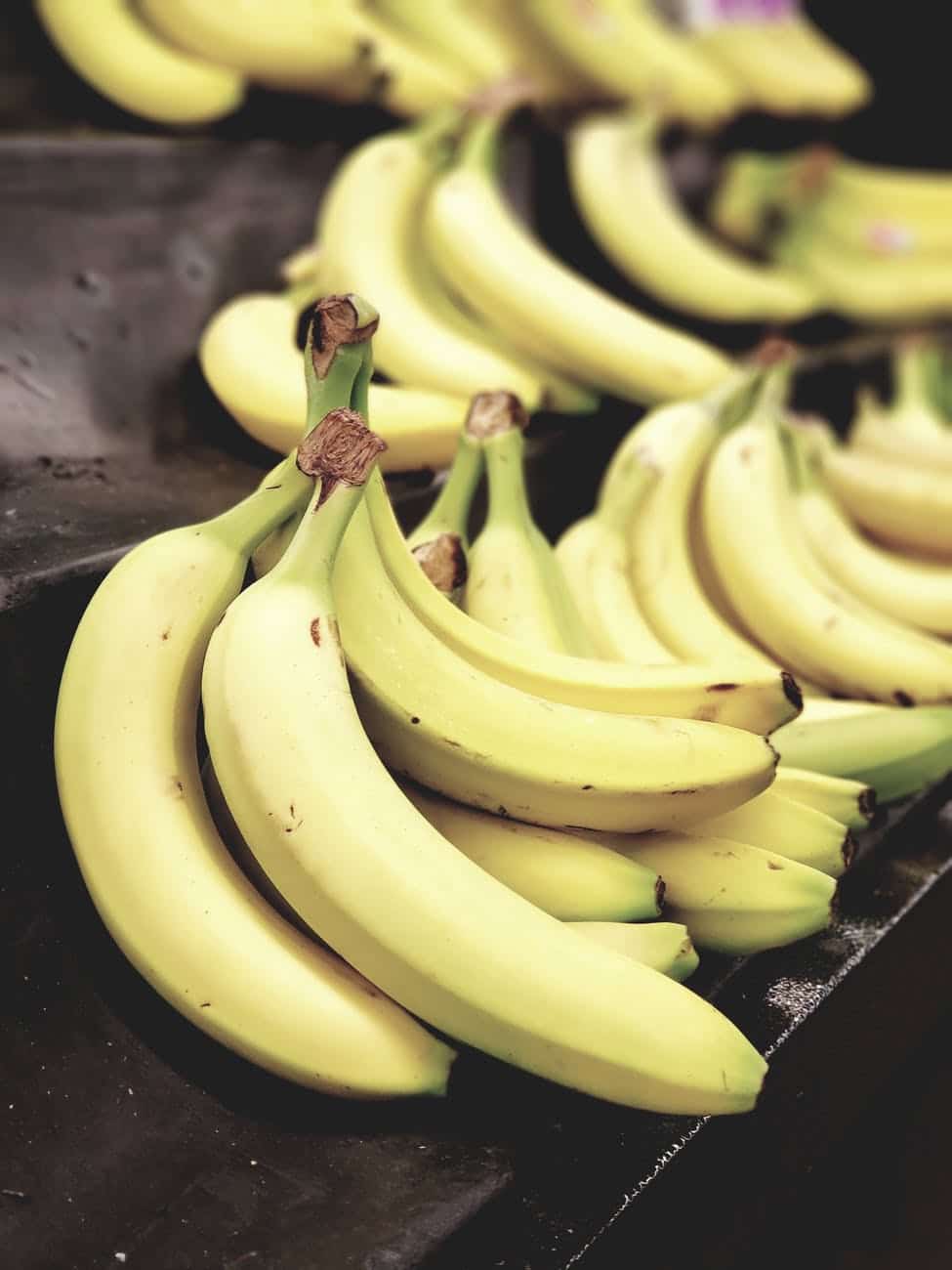
Bananas are rich in minerals and vitamins and have more than a few health benefits to offer. They are well-known for being rich in potassium.
One medium banana supplies 12% of this mineral’s RDI. Their carb makeup is one unique property of bananas. The carbs in green, unripe bananas consist mainly of resistant starch that can boost the regulation of blood sugar and make you feel full.
Bananas also have pectin, which may enhance the regulation of blood sugar and digestive health. In addition, studies have shown that the banana’s mineral content and high carb makes it a perfect source of fuel before exercise.
Orange
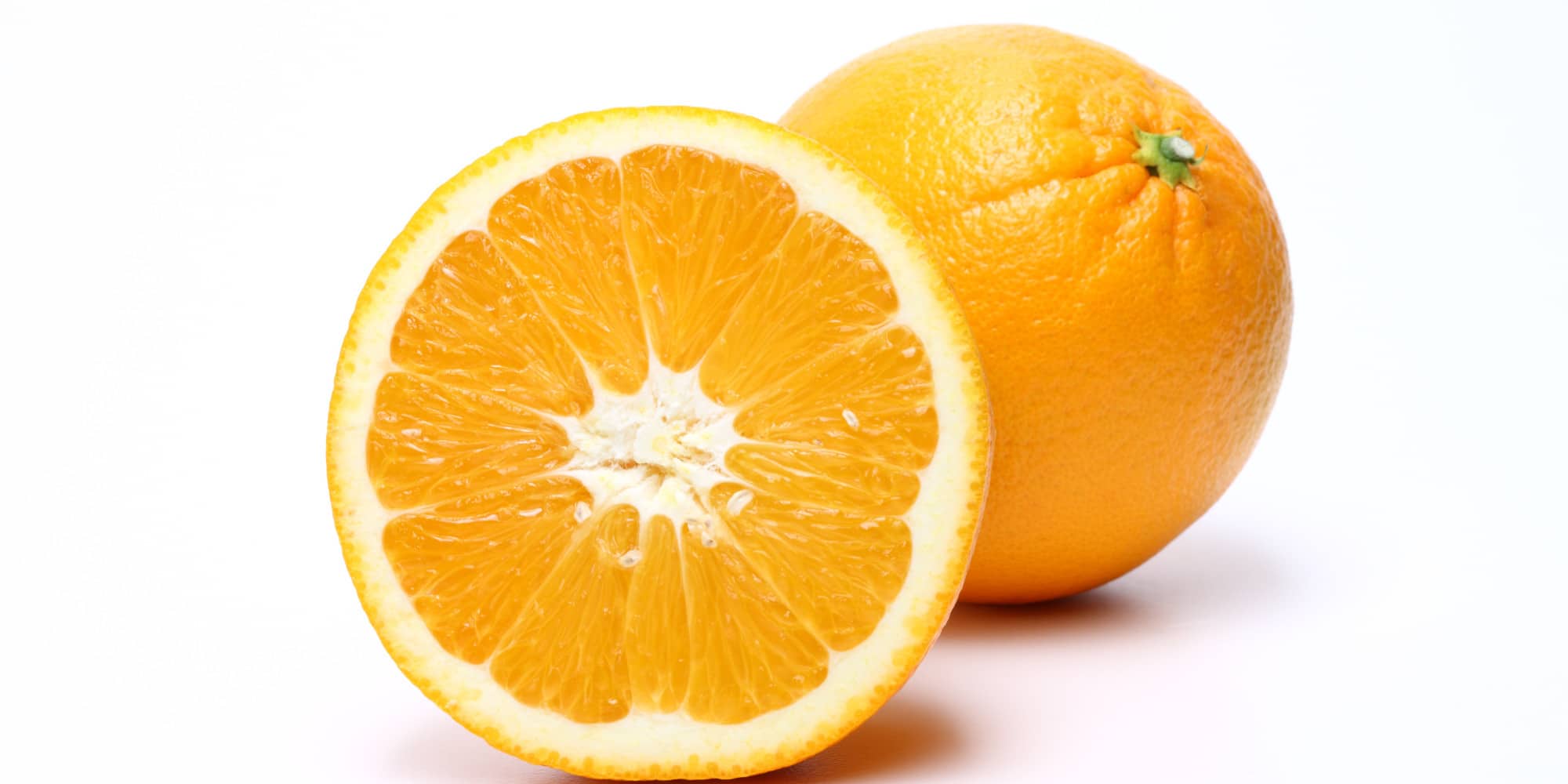
Oranges are one of the world’s most common and most nutritious fruits. Consuming a medium-sized orange will provide a significant amount of potassium and Vitamin C.
They are also a good source of B vitamins, such as thiamine and folate. The plant compounds in oranges which include carotenoids, flavonoids, and citric acids, are responsible for most of their health benefits.
For instance, citric acid can reduce the risk of kidney stones. With their amazing levels of citric acid and vitamin C, oranges are similar to lemons, helping to improve iron absorption and prevent anaemia.
Cherries

Cherries are rich in nutrients, especially fibre, potassium, and vitamin C. They contain antioxidants, like carotenoids and anthocyanins, which may help prevent many diseases and minimize inflammation.
Its melatonin content is another remarkable health benefit. Melatonin is a hormone that tells your brain when it is time to sleep. One research concluded that the content of melatonin in tart cherry juice improves the quality and duration of sleep.
Papaya
Papaya is a fruit that is very nutritious and rich in vitamin A, vitamin C, folate, and potassium. It is also high in lycopene, an anti-cancer antioxidant.
In addition, studies show that the body absorbs lycopene more from papaya than from other lycopene-rich vegetables and fruits. There is also some evidence that indicates that digestion can be improved with papaya.
It contains papain, an enzyme that makes it easier to digest protein.



